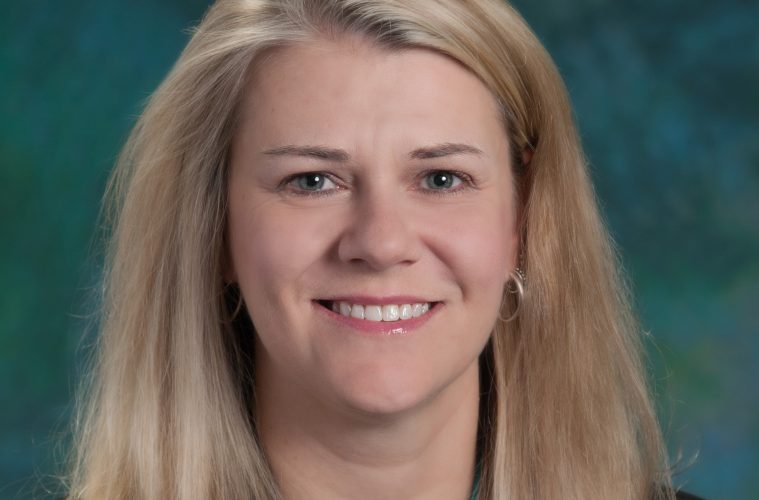Kristine M. Jackson, Assistant Dean of Admissions & Financial Aid-University of Colorado Law School
The Law School
What’s the single most exciting development, change, or event happening at your law school this coming year?
The Class of 2018 had the best employment outcomes of any class from the last 11 years, illustrating the fact that we have a dedicated Career Development Office committed to helping students connect with employers both for their summer jobs and postgraduate employment. Over the last three summers, first and second year students have worked legal or law-related jobs in 13 countries and five continents for their 1L or 2L summer jobs.” (Summer 2018 Saipan CNMI, South Africa, Mexico, Switzerland) (Summer 2017 Nepal, New Zealand, Japan, Belize) (Summer 2016 Panama, Iran, India, Australia, England). And we awarded 61 LRAP awards of $5,500 each for qualified applicants during the most recent LRAP application cycle, helping to ease the burden of student debt for graduates who pursue qualifying public interest legal careers.
Boulder is a great place to study law due to our proximity to Denver, only 35 minutes from campus, which is a top employment market for new lawyers, and Colorado has the #1 state economy (US News and World Report, 2018).
The Admissions Process
What does the admissions process consist of and how is an application rated?
Colorado Law has an electronic application at www.lsac.org, and we collect the following items for a completed application: resume, personal statement, transcripts from all post-high school colleges/universities, a LSAT score, LSAT writing sample, and two letters of recommendation. We do not rate our applications; we read all completed applications and render a decision on each one. We take a holistic approach to reviewing each application.
Do you have an approximate hierarchy on what is most valuable for admissions: GPA, LSAT, etc?
We do not have any sort of hierarchy to the application elements, other than to say that numbers are important but not always determinative. We are looking for well-rounded people who will become valued members of our community.
Beyond numbers, how does your school determine who are the “best fit” applicants?
We are looking for applicants who demonstrate character, leadership, diversity, and a commitment to public service to join our community. We want to make sure that we are a good fit for the applicant, and that an applicant will be a good fit for our student body.
Are students who apply early in the cycle at an advantage over applicants who apply later?
We review applications on a rolling basis, meaning that we render decisions as applications are completed, starting in late October, until every applicant has received a decision. There are more seats available earlier in the process, and there is more scholarship money to offer, so law schools are in a better position to take risks on applicants earlier in the process rather than later.
LSAT
What is your view on multiple LSAT scores?
One, two, or sometimes three scores are fine, but six, seven, or eight attempts is a concern. Generally, test-takers will not see big increases when taking the test more than two or three times.
Is a high LSAT score achieved on the second or third try viewed differently than a first-attempt high score?
No, it is not unusual for a test-taker to have some test anxiety when taking the LSAT, so we would expect the second or third scores to be at least as high as the previous scores, if not a point or two higher.
Personal Statement
Could an applicant significantly improve his or her chances of admission by drafting a personal statement specifically for your school, as opposed to a general personal statement that briefly mentions your school, if at all?
We have a topic for our personal statement, so we like to see statements that are at least tangential to our topic (which is very broad). An applicant should not waste time in the statement telling us about our law school in general unless there is a specific program or professor that the applicant would like to work with after they enroll. We are more interested in why a person wants to attend law school and what they might want to do with the law degree following graduation.
Letters of Recommendation
Applicants often have difficulty choosing and approaching potential recommenders. Can you offer some general advice regarding letters of recommendation?
Law schools are looking for letters of recommendation that help us in our decision-making by addressing the applicant’s skill set for law school. The substance of the letter is much more important than who it is from (e.g., a judge, political person, or famous personality). An applicant should aim for quality over quantity; four letters of recommendation are not necessary or advised if they all say the same things about the applicant.
Early Decision
Do applicants, especially those with numbers that fall below your law school’s medians, increase their chances of admission by applying Early Decision?
Colorado Law does not offer Early Decision.
The Waitlist
What is the typical size of the waitlist, and how deep do you usually go into the waitlist to admit students?
Our waitlist is not ranked, so we don’t keep track of how many people are in the waitlist status. The number of students who are offered admission off the waitlist each year varies greatly depending on the needs of the school. We may need to tweak the GPA, the LSAT, the percentage of diverse students, or increase the number of residents or non-residents in the incoming class. The number of students who pay both seat deposits will affect how many students we have to admit off the waitlist to reach our targets each year.
